#fantasy world
Text

Ironmask - Fantasy World (Soma)
19 notes
·
View notes
Text
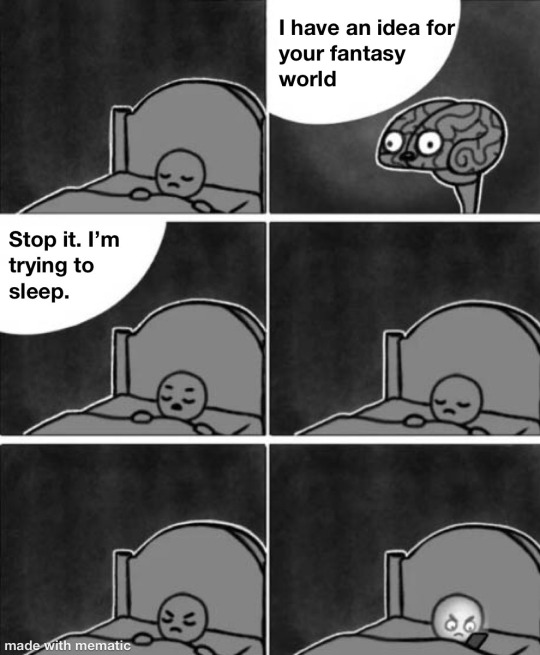
7K notes
·
View notes
Text
a list of 100+ buildings to put in your fantasy town
academy
adventurer's guild
alchemist
apiary
apothecary
aquarium
armory
art gallery
bakery
bank
barber
barracks
bathhouse
blacksmith
boathouse
book store
bookbinder
botanical garden
brothel
butcher
carpenter
cartographer
casino
castle
cobbler
coffee shop
council chamber
court house
crypt for the noble family
dentist
distillery
docks
dovecot
dyer
embassy
farmer's market
fighting pit
fishmonger
fortune teller
gallows
gatehouse
general store
graveyard
greenhouses
guard post
guildhall
gymnasium
haberdashery
haunted house
hedge maze
herbalist
hospice
hospital
house for sale
inn
jail
jeweller
leatherworker
library
locksmith
mail courier
manor house
market
mayor's house
monastery
morgue
museum
music shop
observatory
orchard
orphanage
outhouse
paper maker
pawn shop
pet shop
potion shop
potter
printmaker
quest board
residence
restricted zone
sawmill
school
scribe
sewer entrance
sheriff's office
shrine
silversmith
spa
speakeasy
spice merchant
sports stadium
stables
street market
tailor
tannery
tavern
tax collector
tea house
temple
textile shop
theatre
thieves guild
thrift store
tinker's workshop
town crier post
town square
townhall
toy store
trinket shop
warehouse
watchtower
water mill
weaver
well
wind mill
wishing well
wizard tower
#worldbuilding#setting prompts#writer resources#writing inspiration#writing prompts#scene settings#writing reference#writing ideas#prompt list#creative writing#writing community#writer prompts#writing tips#world#fantasy world#fantasy worldbuilding#high fantasy#world building#epic fantasy#writing fantasy
2K notes
·
View notes
Text
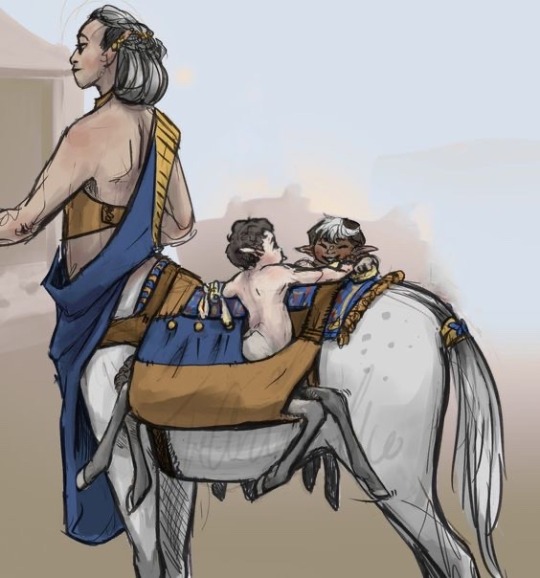
Oh my gosh this concept is so cute!!! I think if u saw this I would want to take the babies lmao. Pinterest didn’t have the artist linked for this one so if yall know it ill add it
3K notes
·
View notes
Text
A tutorial on a (bit cheating) way of creating fictional maps.
Open your editing software (RECOMMENDING Krita, since it's free and it's very good).
Step 1: Google "X country silhouette" and copy it.

Paste it onto the canvas.
Step 2:
Separate the silhouette from the background you copied with it! You can do that by using magic wand selection tool or by making a gradient map with black on 49,9% and transparent on 50% on the slider.


Step 3: Repeat several times with numerous countries and/or islands, cities, municipalities, communes, continents et cetera.
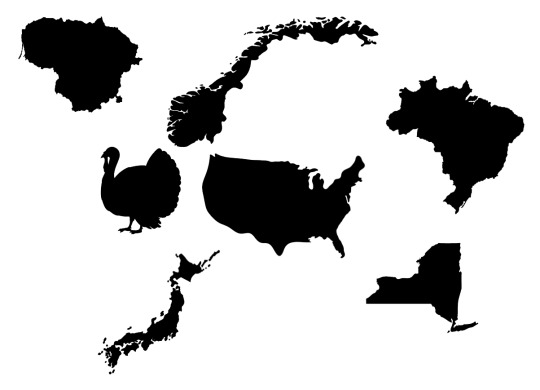
Step 4: Combine, mesh, stretch, rotate, mirror - go ham, make it work.
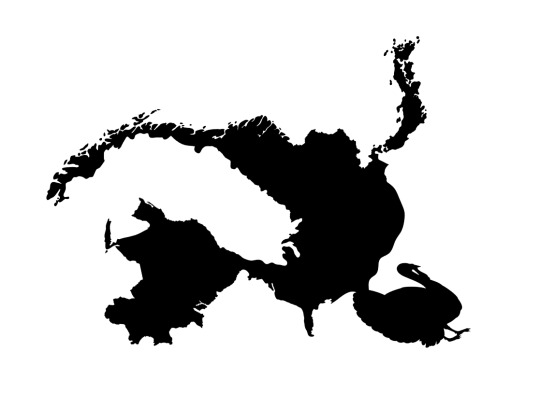
Step 5: Erase and add.
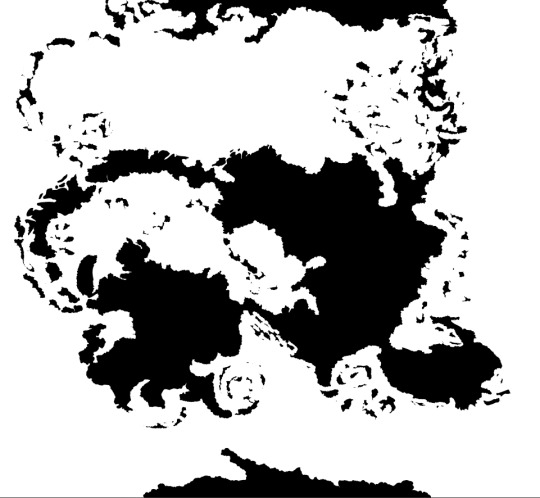
Step 6: Have your map outline ready, copy/paste it several times in the same doc on different layers and edit in different ways like biomes, kingdoms, mountains and other.
Step Mountains+: To figure out mountains, make another layer on the doc and do something like this:
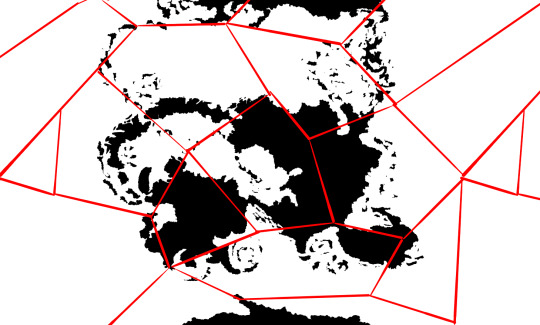
-and then in every polygon you add an arrow.
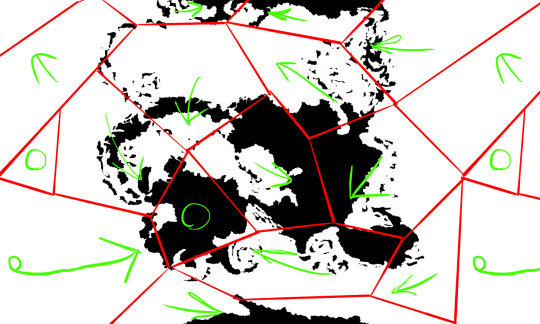
Where arrows meet or transfer onto continents, add mountains.
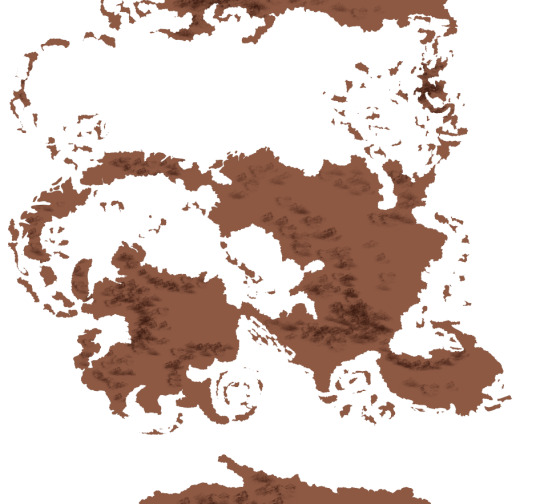
Color the sea with a couple layers of depth and you're done :D
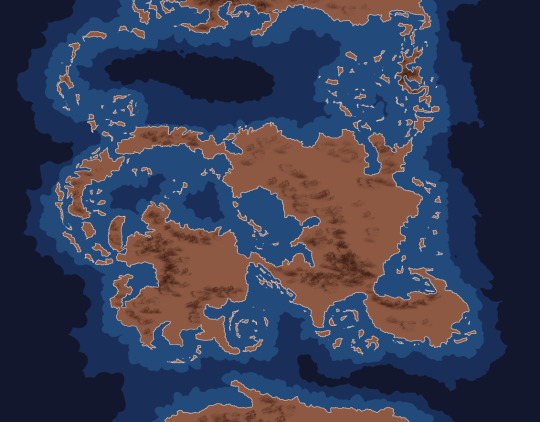

#cartography#making maps#fantasy world#making fantasy maps#fantasy worldbuilding#worldbuilding map#map#maps
8K notes
·
View notes
Video
Lone prairie traveller and their feathery steed
#dinosaur#animation#my art#achillobator#fantasy#fantasy world#blender animation#2D animation#3D animation#ghibli inspired#le gasp I am still alive! Took me a while to finish this rip#at some point it's better to call it finished or I'd still be working on it for years#I'm still v happy with how it turned out#...don't mind the missing shadow
12K notes
·
View notes
Text

I have feelings about fantasy worlds
[ID: The "shoutout to women, gotta one of my favourite genders" meme edited to say "shoutout to unconventional fantasy world shapes, gotta be one of my favourite settings. I fw individual fantastical areas too if anyone was wondering". Several drawings and screencaps are edited in, such as the Discworld, Laputa from the Ghibli film Castle in the Sky, and the titans Bionis and Mechonis from Xenoblade Chronicles in the upper half. The lower half of the meme has has screencaps from Satorl Marsh and Valak Mountain from Xenoblade Chronicles and Sylvalum from Xenoblade Chronicles X edited in. End ID.]
#uhh idk what to tag this#fantasy#fantasy world#worldbuilding#writing#there these'll have to do#shut up cal you fool#xenoblade#xenoblade chronicles#xenoblade chronicles x#laputa#castle in the sky#discworld#great a'tuin
1K notes
·
View notes
Photo
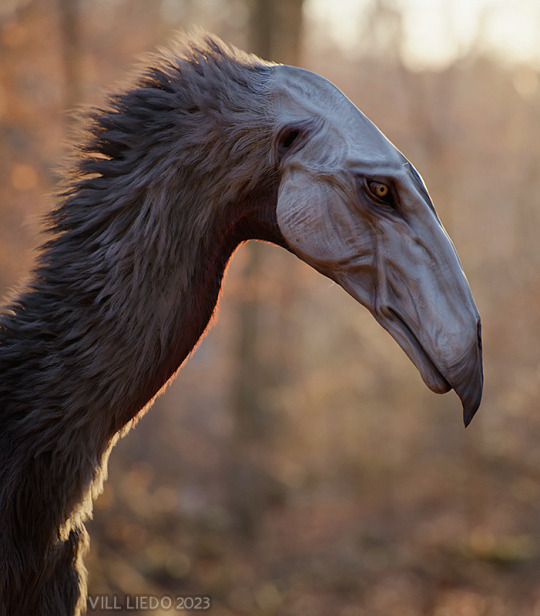
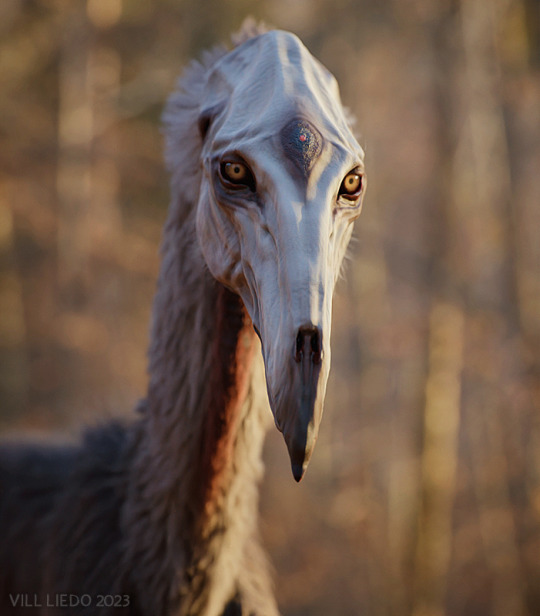
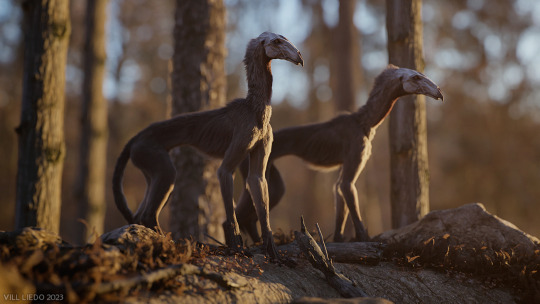
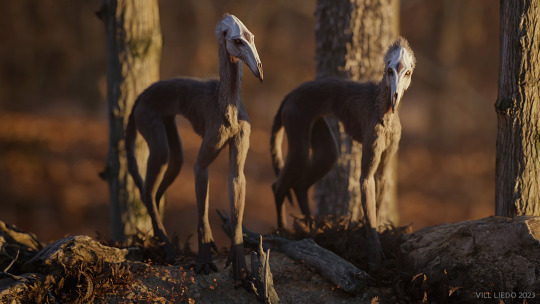
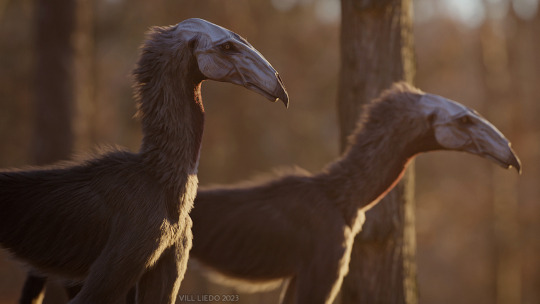
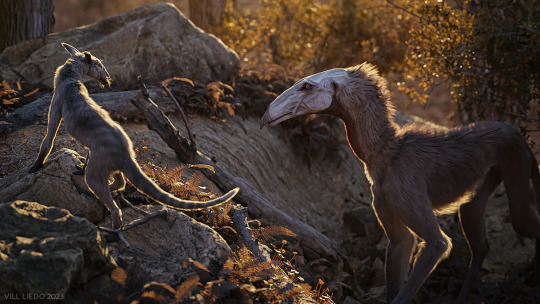
Krummi, mysterious creatures from the depths of the Shayfkha forest. They got a new life in a new design ~
Made in Blender. Plants and rocks assets are from Poly Haven.
#art#3D#3D model#3d sculpting#3D render#creature art#creature design#fantasy world#fantasy creatures#fictional species#original species#blender 3D#blender#forest#creatures#Krummi#Kazipok#Villiedoom
2K notes
·
View notes
Photo
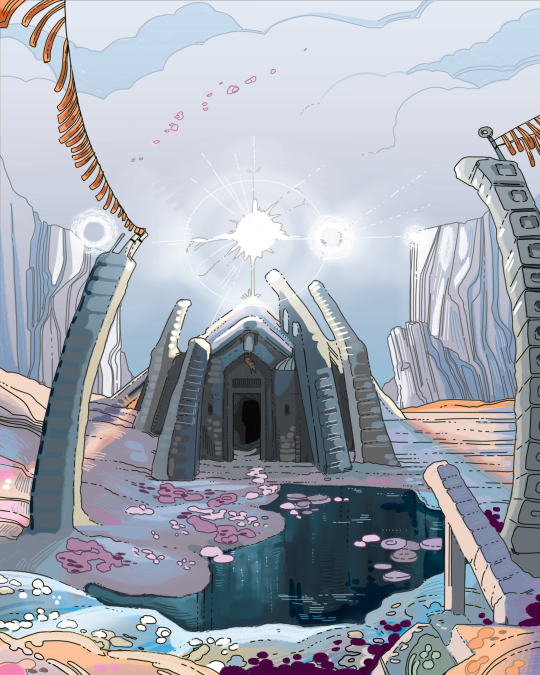
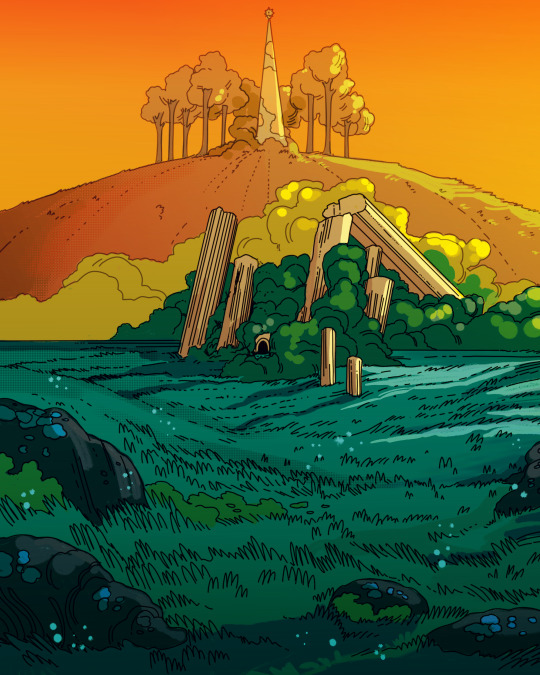
old doors to the land of the dead
follow my instagram !
#im back finally oh my god hi guys#missed you all so much - i meant to draw so many times recently and have been too burnt out to try#but im back now!!#happy 2023#Digital Illustration#Illustration#illustrators on tumblr#artist#fantasy art#bethfuller#my art#fantasy world#tw death#art#sketch#landscape#krita
3K notes
·
View notes
Text
looking at a new fantasy world
ask the creator if it's hard or soft
they don't understand
I pull out an illustrated diagram explaining what is hard and what is soft
they laugh and say "it's a good fantasy world ma'am"
it's soft
#ad speaks#worldbuilding#meme#shitpost#fantasy#fantasy world#dnd#rpg#ttrpg#text#post#is god chewy or crunchy
2K notes
·
View notes
Text
Once a year, the Clan held a fun rough-housing tournament. It’s nothing serious, just something fun for all the Orcs to do during the Summer. Injuries were normal, but it was always done in good faith and there was never any bad blood by the end of it.
And for some reason, completely beyond your Orc Boyfriends mind, you decided that you wanted to join in for this year.
“No.” He had said, the moment you expressed interest in the tournament. “You’ll be turned into a blueberry pancake.”
“No I won’t.” You had replied. You gave a few playful jabs at his toned stomach. He barely felt them, “see? I can land a few good hits. There are humans who fight Orcs all the time.”
Your Orcs’ arms crossed his chest, scowling down at you. “I’m serious Love. Those humans you speak of are trained for years to hunt down Orcs.” He scoffed, “they use dirty tricks and have no honour.”
You sighed, frowning. “It looks like fun.”
“Your idea of fun is strange.”
“Says the Orc who participates in a yearly fighting contest.”
Your Orc held this information from you, but in his opinion, if you were given the proper training, you could easily body several of his others without breaking a sweat. You have the determination to do it, it’s just the physical strength you would have to make up for.
But the thought of you getting hurt in the process – which you would, Orcs do not hold back, even when rough-housing – made his stomach churn with anxiety.
A few days go by, there’s nothing particularly abnormal about them. The only exception being that, you came to bed, later and later.
Your Orc would always hear the sound of the tent flaps opening and closing, the pressure of your weight on the side of the bed. He didn’t know what you were up to, and when he questioned you about it after the third night, you brushed it off: “Ah, some of the cooks needed help with prep for next weeks meals. Y’know, with the tournament coming up and all that.”
Soon, the night before the start of the tournament came and he was alone. He was waiting for you to come to bed. He always fell asleep faster when you were with him and given what was going to happen the next day, he needed to be at his best.
A couple of minutes past from your usual arrival time, causing your boyfriend to sit up and watch the tent flaps. And then, as he yawned, the tent flaps opened and in you walked.
All tiredness vanished from your Orc in an instant. Your face was bruised, your nose a river of blood. You panted hard as you locked eyes with your Orc Boyfriend.
He froze, unable to believe what he was seeing.
You raised a hand as he shot up, “what happened?” He asked, immediately. Rage began to burn bright and hot in his chest.
“Baby I know what this looks like-”
“Who did this to you?” He cut you off. He took your head in his hand and turned your head side to side, examining the injuries in the low candle light, “why didn’t you shout for me? Did you leave the camp? You know you shouldn’t at this time of-”
“No!” You snapped. Your outburst caused your Orc to retract his hands away from you. “There’s a perfectly good explanation for this.”
His scowl didn’t move. You sighed, rubbing your forehead. “I know you said that I shouldn’t be training for the tournament… But I asked Grok to show me how to fight.”
“Grok!?” Your Orc snapped. “Grok the Bonebreaker?!”
Grok the ‘Bonebreaker’ as humans called him, known for leaving human hunting parties with their bones shattered, but alive enough to be heard screaming for help. Grok was the strongest of all the Orcs in the camp.
He knew his own strength, why would he beat you so badly for training?
“He’s been running me through fighting drills for the past few nights… Tonight he told me to come at him with every thing I had.”
Your Orc Boyfriend had heard enough. He went to move past you, to find Grok and beat the hell out of him. You were just a human being and a woman on top of that, how could he have been so harsh on you?!
“Baby, stop!” You threw your hands out in front of him, “let me finish!”
Your Orc stopped, “no, someone has to teach him a lesson for being so dishonourable-”
“There’s a small problem with that…” You spoke, quickly.
The Orc stopped, furrowing his eyebrows in confusion. “What?”
He stared at you, waiting for his answer. What he didn’t expect, was a large grin to spread over your face, eyes glinting with triumph. “Grok is already in the medical tent being seen by the old man because I beat the shit out of him.”
Your Orc’s jaw dropped. He stared at you. "What... How..."
You weren’t strong or tall by any means, you didn't even really have any muscle. Your Orc wanted to be angry, be upset with Grok that he hadn’t held back with you… But all that was overcome by sheer pride.
Your Orc Boyfriend stumbled back, clutching onto his head as if a headache had attacked him. A small chuckle arose in his throat, that then turned into a burst of laughter.
He swept you up in his arms. You gave a yelp of surprise, throwing your arms around your boyfriends neck.
“I can’t-” He pressed his forehead against yours, his laughter dying down, “I can’t believe that I thought you wouldn’t be able to fend for yourself in a fight! Yet here you are, alive and breathing after taking on Grok the Bonebreaker!”
Squeezing you in his arms, he lowered his voice, “this,” he says, “this is why I chose you as my partner, my love.” As he planted a kiss on your cheek, he set you down on your shared bed and sighed.
He took your hands in his, looking down at them settled in your lap. "I'm sorry I didn't think you would..."
"Baby, it's fine." You smiled, making him look up at you. "I understand what you mean now and I'm sorry I didn't tell you what I was doing," wincing, you grazed your nose with your finger. "I think I'll stick to just watching the tournaments from now on."
Relief washed over your Orc, earning another chuckle from him. He sighed, contentedly. “I’m going to kill that Bonebreaker bastard tomorrow.”
He’ll be bragging about this ‘til the end of time – his girlfriend, the human woman, was able to land Grok the Bonebreaker in the medical tent.
#monster romance#monster x female#monster x you#orc x reader#monster x human#monster x reader#orc fiction#monster lover#orc boyfriend#orc romance#fantasy world#fantasy#fantasy fiction#fantasy writer#fantasy writing
300 notes
·
View notes
Text
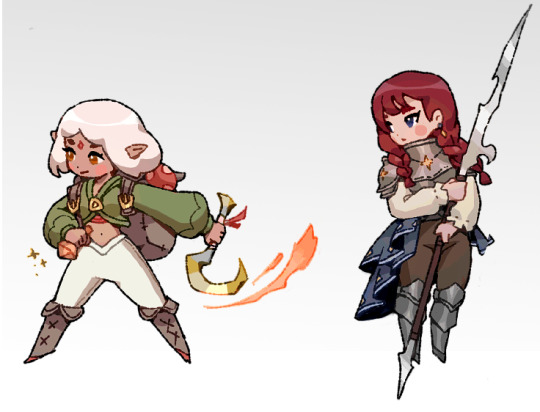

I've been doing little chibi versions of some of my OCs and was wondering if anyone would be interested in commissions in this style? I thought it'd be a cute idea
1K notes
·
View notes
Text
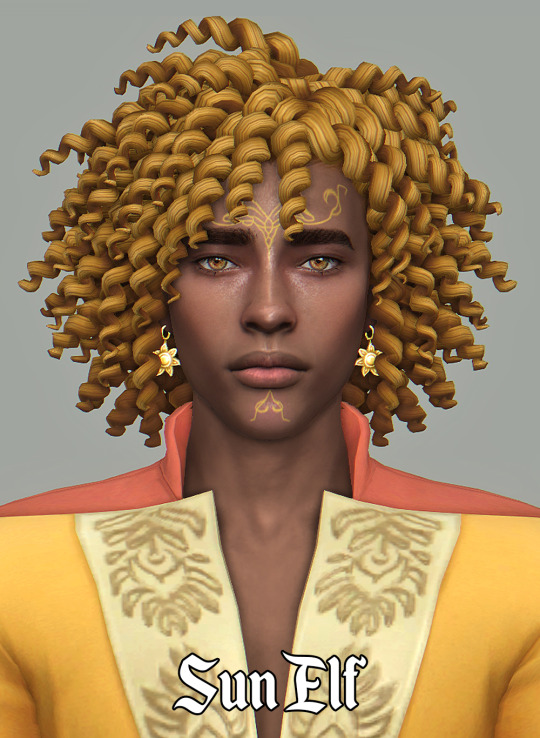

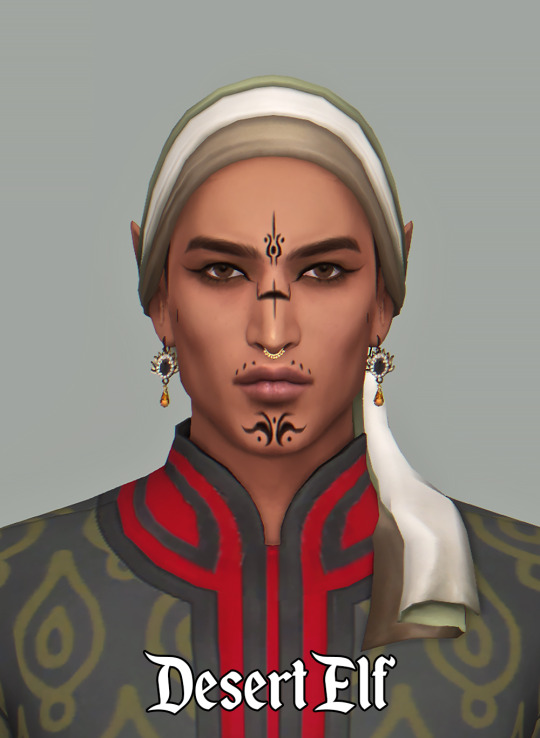

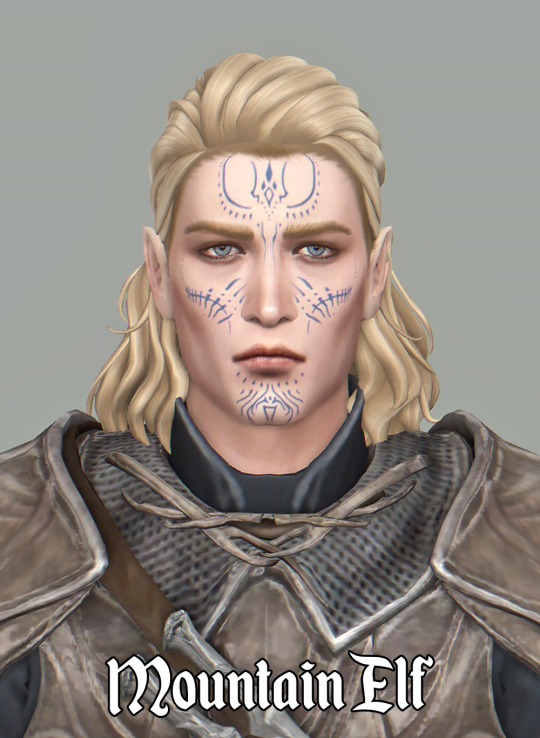

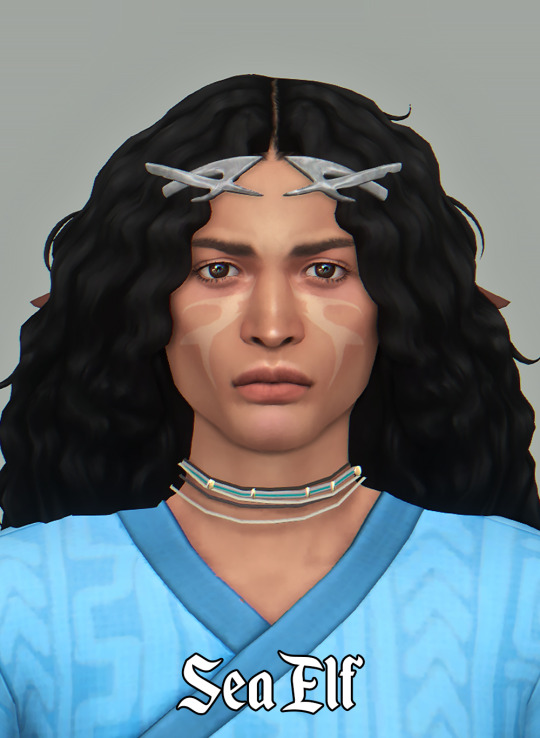

I think I've played Baldur's Gate 3 a bit too much :D As a kid I was fascinated by the idea to create my own fantasy world! I stuck on inventing more and more sub-race of elves XD What elves would you add? Stone Elves? Sky Elves? Star Elves?
#the sims 4#sims 4 elves#elves#my sims#thesims4#ts4 simblr#sims 4 elf#fantasy world#elf sub-race#sims 4#simblr
725 notes
·
View notes
Text
#worldbuilding#196#fantasy#urban fantasy#cosmic horror#lovecraftian horror#horror#eldrich horror#eldrichcore#eldritch#cryptid creature#cryptidcore#cryptids#cryptid#science fantasy#fantasy world#mythical creatures#weirdcore#fantasy worldbuilding
972 notes
·
View notes
Text
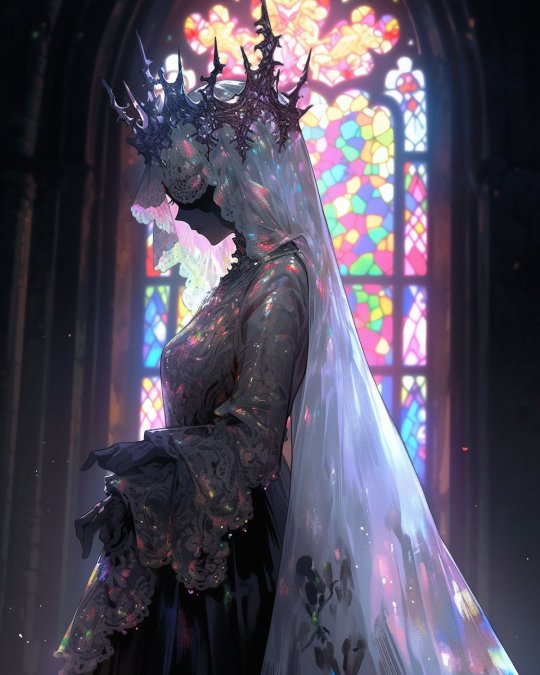
#art#science fantasy#fantasy world#dark fantasy#fantasy art#fantasy aesthetic#fantasy worldbuilding#church#gothic art#gothic girl#gothic architecture#gothic aesthetic#ai art#ai artist#aiartcommunity#ai generated#ai artwork#ai image#ai art generator#ai digital art#ai
632 notes
·
View notes
Text
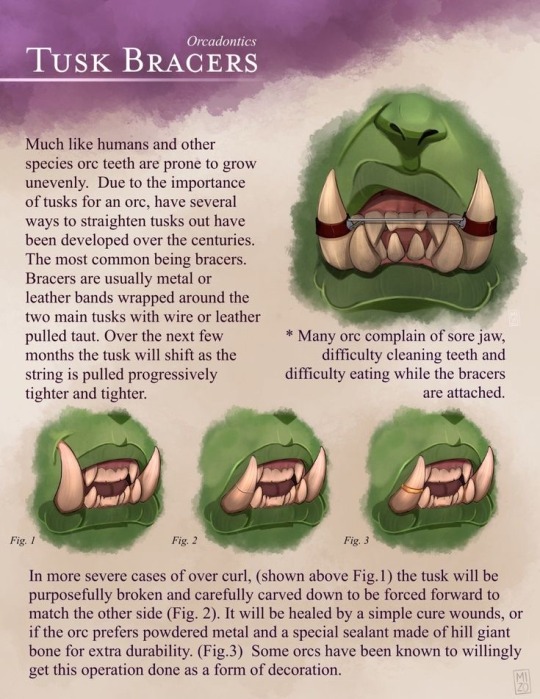
And the bigger the tusks the more attractive they are. I also see scars as something VERY attractive to their species as scars have story
#mythical creatures#mythical beasts#half orc#orcs#fantasy world#mythology and folklore#orc x human#orc x reader
1K notes
·
View notes